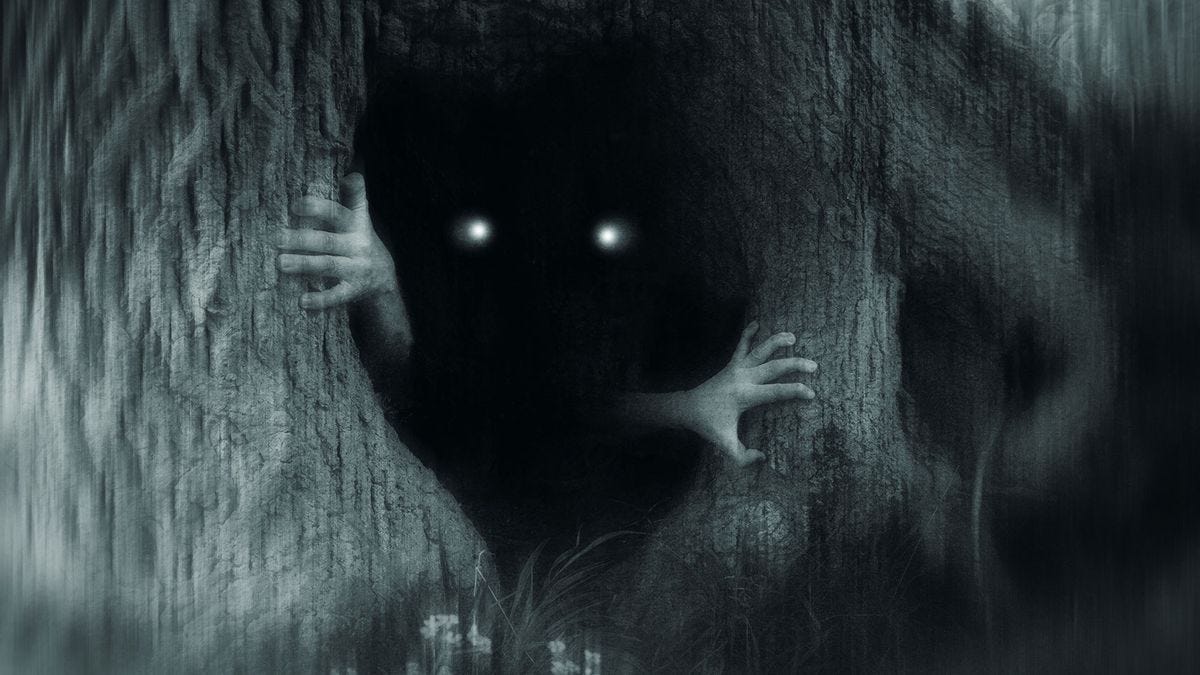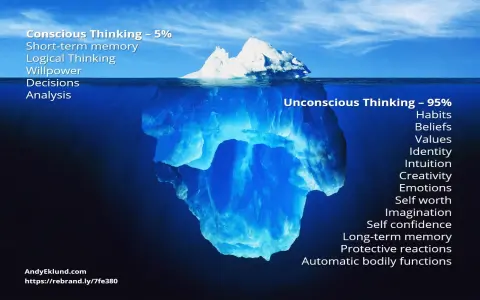Last Tuesday, I had a dream that left me deeply unsettled. In it, I was being chased through an endless dark tunnel. I woke up drenched in sweat, weighed down by a heavy feeling that lingered long after waking. This made me wonder: why do such dreams keep recurring? So I dug out my dream journal (yes, I’ve always kept track of my dreams) and carefully reviewed the vivid, profound dreams I’ve had over the years. Many of them were filled with shadows and dark scenes.
To understand what these dreams were trying to tell me, I didn’t rush to search for answers online. Instead, I decided to analyze them myself. I brewed a cup of coffee, sat at the kitchen table, and wrote down every detail from the dream: the bone-chilling cold, the echoing footsteps, and that suffocating sense of darkness. Then, I highlighted every word related to “darkness”—locations, feelings, objects, and so on. What I discovered was that nearly everything was either inherently dark or being swallowed by darkness.
Next, drawing on my dream interpretation experience and some psychological knowledge, I attempted to analyze these dreams from multiple angles. This led me to compile a simple, easy-to-understand guide, hoping to help others better grasp the meaning of darkness in dreams.
Three Common Roles of Darkness in Dreams
1. Darkness as Space
In dreams, darkness often manifests as a specific space—like a tunnel, room, or forest. These places typically evoke feelings of oppression or fear because they symbolize the unknown and uncontrollable. Take the tunnel in my dream: it served both as an escape route and a constraint, preventing me from seeing the path ahead.
This type of darkness often reflects confusion or predicaments in our waking lives. For instance, when confronting a complex task or life choice, you might dream of such scenes, hinting at uncertainty about the future and inner anxiety.
2. Darkness as Emotion
Beyond space, darkness can also represent an emotional state—fear, sadness, or despair. In my dreams, that heavy sense of darkness stemmed not only from the environment but also from deep-seated unease within. This emotion might stem from accumulated daily stress, unresolved issues, or even long-buried trauma.
Psychologists suggest that dreaming of darkness serves as a reminder to acknowledge neglected or suppressed feelings. If ignored for too long, these issues may erupt in more intense ways.

3. Lost Items in the Dark
Another scenario involves darkness swallowing important people or objects. For instance, I once dreamed my phone vanished into darkness, only to realize upon waking that this mirrored my anxiety about losing connectivity.
Such scenes typically hint at a sense of loss—perhaps the loss of security, support systems, or significant goals. Through these dream narratives, our subconscious attempts to make us aware of these potential gaps and seek ways to fill them.
Dark Dreams Through Cultural Lenses
Different cultures and belief systems interpret dark dreams with varying emphases, yet their core meanings converge.
- Western psychology views darkness as symbolizing chaos and hidden aspects—the parts of our personality we resist accepting. In other words, darkness reveals our innermost secrets and contradictions.
- In Indian culture, darkness is seen as a symbol of ignorance and foolishness. Dreaming of darkness may suggest we need greater wisdom to navigate life’s challenges.
- Christian tradition associates darkness with evil or trials, yet emphasizes it as a necessary stage on the path to rebirth. Just as dawn always follows the deepest night, dark dreams may herald the arrival of new hope.
My Epiphany: Darkness Isn’t Just a Backdrop
After deep reflection, I finally realized that darkness in dreams isn’t merely a terrifying backdrop—it acts more like an “agent” driving events forward. It forces us to make choices, take action, and even learn to let go.
Take my tunnel dream as an example:
- That dark tunnel compelled me to keep running forward, pushing me to move ahead despite my fear;
- My phone vanishing into the darkness actually reminded me I must adapt to life without it;
- And that shadow trailing me forced me to turn and confront it head-on.
In other words, darkness isn’t merely “the unknown being frightening”—it’s “the unknown driving change.” By creating pressure and crisis, it guides us toward growth and breakthroughs.
How to Interpret Your Dark Dreams?
If you frequently dream of darkness, try these approaches:
1. Let Go of “Symbolic Meaning”
Stop obsessing over what darkness symbolizes and focus instead on its specific role in the dream. Ask yourself:
- Where did the darkness appear?
- What was swallowed by the darkness?
- What did its presence force you to do?
2. Trace Real-Life Connections
Link dream elements to actual life issues. For instance, when I dream of car keys being swallowed by darkness, it actually reflects my anxiety about a new job stripping my independence. This approach helps clarify the genuine emotions behind the dream.
3. Embrace Rather Than Resist
Instead of viewing darkness as a threat, see it as an opportunity for self-discovery. Each dark dream is your subconscious helping you find new solutions to problems.
Conclusion: Darkness is the Director, Not the Enemy
Ultimately, darkness plays a far more complex role in dreams than we imagine. It is both challenger and mentor; obstacle and catalyst. The key lies in learning to face it with an open mind, drawing strength from it rather than fleeing or resisting.
So the next time darkness appears in your dreams, don’t panic. Instead, ask yourself: “What is it compelling me to do?” The answer may well lie within.
Dream interpretation home invasion meanings: Find out the truths today!












